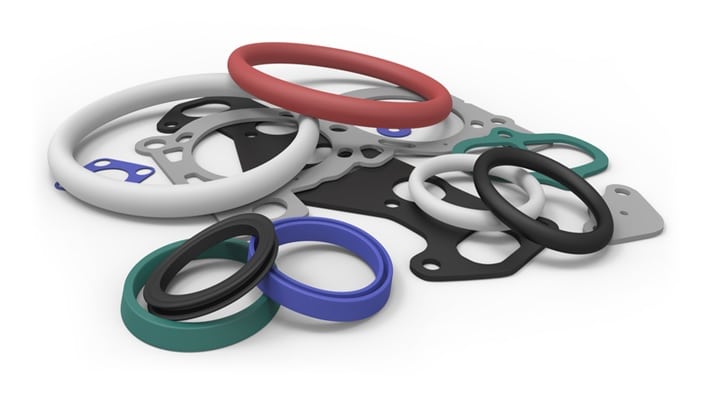Technology
Little Products Are Impacting Businesses in a Big Way

Sometimes, it is the tiniest components that can make a big difference. When it comes to industrial manufacturing, rubber seals and o-rings are relied upon to prevent leaks and protect valuable machinery.
Quality seals are essential to maintaining performance, but companies do need to be aware of what they are purchasing. Often, cheap solutions shipped from overseas are inferior, which can have a detrimental effect on productivity.
So why are these small seals so important, and what impact can poor quality alternatives have for industrial businesses? Let’s take a look.
Types of Materials Used for Seals
Seals come in a range of different materials and grades. The most appropriate material will depend on how the seals will be used, and the conditions they need to withstand. Industrial use may see o-rings facing varying temperatures, pressure, chemicals and fluids.
Common materials include silicone, nitrile, fluorocarbon, ethylene-propylene, chloroprenem and fluorosilicone. Each has different properties and temperature ranges. For example, silicone is suitable for use in temperatures -85 to +400 F, and Nitrile has a range of -40 to +257 F.
Preventing Costly Repairs
When companies purchase seals and o-rings, the material, capabilities and size will play a big role in the decision-making process. Unfortunately, cheap alternatives from international buyers can have a negative impact on businesses. When machines and tools aren’t supported with the right components, problems can occur.
Cheap o-rings can fray or snap, causing chemicals, oils or steam to leak. When the tight seal is compromised, the efficiency of machinery can be reduced. Repairs can be expensive, and replacing seals can be time-consuming. By investing in quality, locally made seals, companies will save money in the long run.
Choosing Local Manufacturers
When companies choose a local supply chain for all their rubber needs, there are significant advantages. As mentioned, importing seals can lead to inferior performance, but there are other benefits gained from choosing local. There are no rules and regulations when shopping overseas, and some seals may even contain hazardous materials.
Some tools and machinery can’t run without seals, and these small components may need to be restocked on short notice. When you have a relationship with a local manufacturer there will be faster wait times, without fear of shipment delays. Materials are tested and defects are less likely to occur when quality raw materials are used.
Flexibility and Choice
These little products are designed to seal and protect, and there is a range of standard sizes and materials available on demand. Industrial innovators aren’t just limited to what is in stock, as there is the opportunity to purchase custom-designed seals that are made to order.
As new ways of manufacturing are discovered, brands can request components that are made to meet precise specifications. As these will usually need to be replaced over time, it makes sense to choose a reputable, trustworthy supplier.
Businesses and Small Components
Seals and o-rings are used regularly in industrial processes. There is a range of different materials available to meet the specific demands of the job. Seals can prevent leaks and withstand varying temperatures, gases and fluids while improving performance and maintaining safety.
When companies choose local suppliers, they will have the benefit of quality, genuine parts. This could reduce the need for machinery repairs, and keep the tools running as they should. Seals may be small, but investing in the right ones can have a big impact.























































